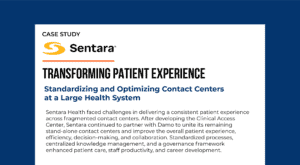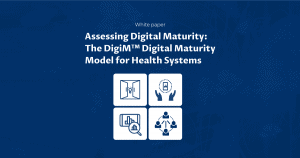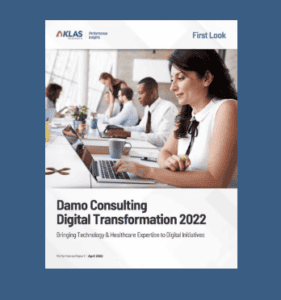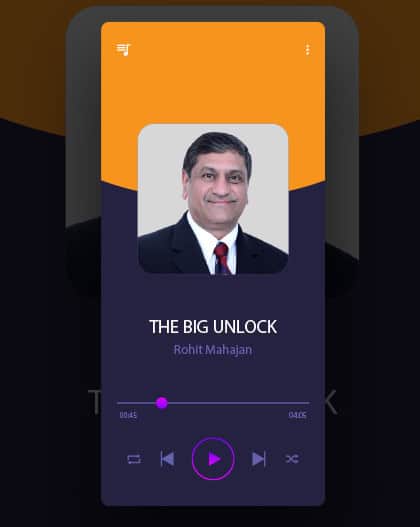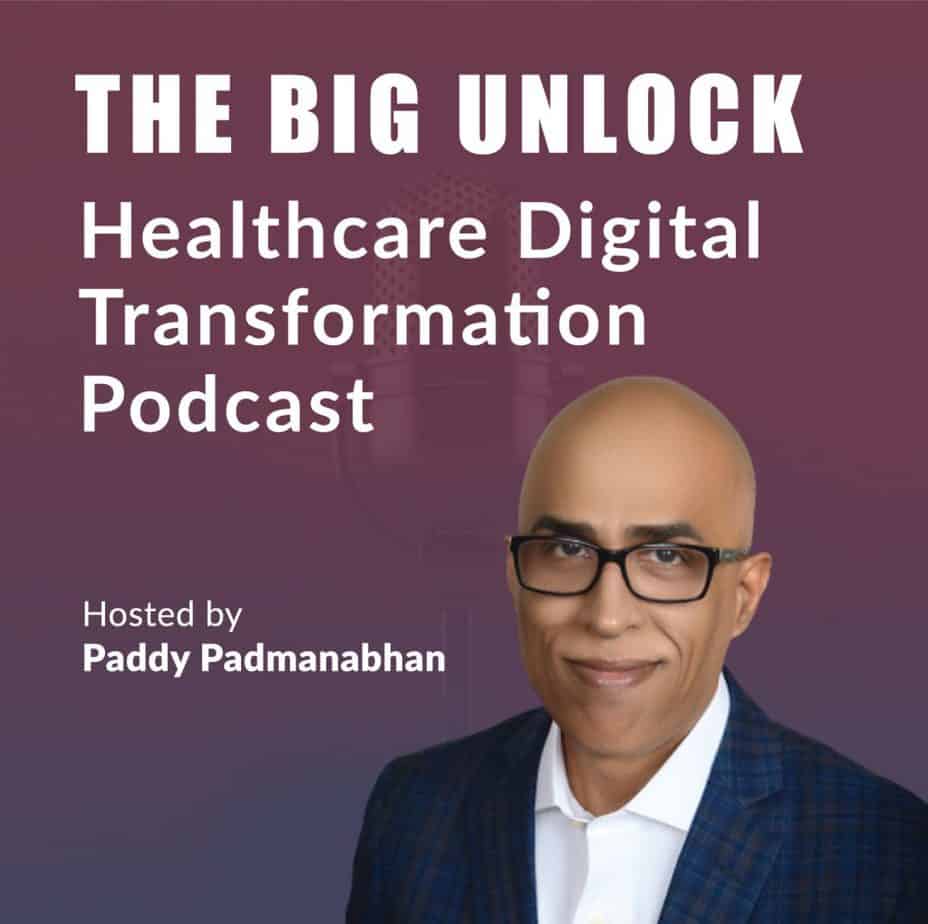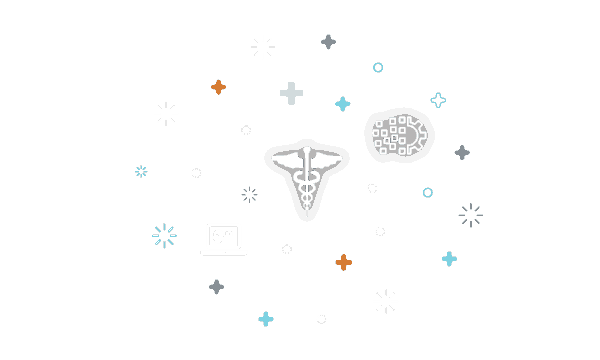Harnessing AI Innovation in Healthcare: Transformative Applications and Future Directions

Artificial Intelligence (AI) has emerged as a pivotal force in healthcare, revolutionizing patient care, diagnostics, treatment planning, and operational efficiency. The intersection of AI and healthcare heralds an era where technology not only augments medical professionals’ capabilities but also enhances patient outcomes. This article explores the transformative applications and future directions of AI in healthcare, focusing on key areas such as GenAI, RAG, Med LLM’s, Enterprise search, secure and private search, and multi-agent AI systems.
Transformative Applications of AI in Healthcare
- Generative AI (GenAI): GenAI, which involves AI systems capable of generating new content, is making significant strides in healthcare. From creating realistic synthetic medical images and generating personalized treatment plans, GenAI is enhancing the ability to diagnose and treat diseases more effectively. For instance, AI-generated images can be used to train medical professionals and improve diagnostic accuracy without the need for real patient data, addressing privacy concerns. Digital Twins of human hearts have been used to create individualized treatment plans for patients. Doctors can now see how the treatment plans will work on the models, thus allowing them to refine the treatment to make it more effective for patients.
- Retrieval-Augmented Generation (RAG): RAG combines the strengths of information retrieval systems with generative models, providing a powerful tool for healthcare professionals. By harnessing RAG, clinicians can retrieve relevant medical literature, patient records, and clinical guidelines to generate comprehensive reports and treatment recommendations. This integration enhances decision-making processes, ensuring that healthcare providers have access to the most current and relevant information. For example, hundreds of new papers are published every month on specialized topics, it is very difficult for professors and doctors to stay current with the latest knowledge. RAG can ingest these specialized documents and provide summaries and accurate search results minimizing the hallucinations.
- Fine Tuning with Med LLM’s: Fine-tuning with Medical Large Language Models (Med LLMs) involves adapting pre-trained language models specifically for medical applications by further training them on specialized healthcare datasets. This process enhances the model’s understanding and generation of medical language, enabling it to provide more accurate and relevant responses to healthcare-related queries. Fine-tuning can be applied to various tasks such as clinical decision support, medical document summarization, and patient interaction. By leveraging domain-specific knowledge, fine-tuned Med LLMs can assist healthcare professionals in diagnosing diseases, recommending treatments, and improving patient care through precise and contextually appropriate information. This approach ensures that the models are not only proficient in general language understanding but also adept at navigating the complexities and nuances of medical terminology and practices.
Innovation with AI in Enterprise Search and Secure Data Handling
- Enterprise Search in Healthcare: Enterprise search solutions powered by AI are transforming how healthcare organizations manage and retrieve information. These systems can index and search through vast amounts of unstructured data, including electronic health records (EHRs), medical journals, and clinical trial results. AI-driven enterprise search enables healthcare professionals to quickly find relevant information, improving efficiency and facilitating better patient care. For example, a doctor can instantly access previous case studies and treatment protocols for rare conditions, ensuring that patients receive the most informed care possible.
- Secure and Private Search: In the era of data breaches and privacy concerns, secure and private search solutions are critical. AI technologies are being developed to ensure that sensitive medical data remains confidential while still being accessible to authorized personnel. Techniques such as homomorphic encryption and federated learning allow for secure data processing and analysis without exposing raw data. This ensures that patient information is protected, complying with regulations like HIPAA while still enabling valuable insights to be drawn from the data.
Latest Trends and Future Directions in AI-Driven Healthcare
- Multi-Agent AI Systems: Multi-agent AI systems involve multiple AI entities working collaboratively to solve complex problems. In healthcare, these systems can simulate and predict the outcomes of various treatment strategies, manage hospital logistics, and optimize patient flow. For example, a multi-agent system could coordinate between different departments in a hospital to ensure that resources are utilized efficiently, reducing wait times, and improving patient experiences.
- Innovation in Healthcare: Through AI the latest trends in AI innovations are centered around improving patient engagement, precision medicine, and telehealth. AI-powered chatbots and virtual assistants are enhancing patient interaction, providing 24/7 support, and reducing the burden on healthcare staff. Precision medicine, driven by AI, enables more accurate diagnoses and personalized treatment plans based on a patient’s genetic makeup and lifestyle. Additionally, AI is revolutionizing telehealth by enabling remote monitoring, real-time diagnostics, and virtual consultations, making healthcare more accessible and efficient.
Conclusion
The integration of AI in healthcare is ushering in a new era of innovation, with transformative applications that promise to enhance patient care and operational efficiency. Technologies such as GenAI, RAG, Med LLM’s, enterprise search, and secure and private search are at the forefront of this revolution. As multi-agent AI systems and other advanced applications continue to evolve, the future of healthcare looks promising, with AI playing a crucial role in delivering personalized, efficient, and secure medical services. Embracing these innovations will be key to addressing the challenges of modern healthcare and improving patient outcomes globally.
We believe that these technologies will be most powerful when they are used to enhance, not substitute, human knowledge and creativity. For this reason, Damo and BigRio’s GenAI focus is on working with industry leaders and innovators to create custom tools that augment human intellect, allowing people to know more, do more, and create more than ever before.
If you are facing the following challenges:
- Bringing your team up to speed on a common understanding of GenAI and its capabilities,
- develop internal approach to GenAI and identify high potential use cases for further development, and
- design and develop GenAI solutions effectively and responsibly,
then we can help you. Our team is ready to assist you with your digital transformation journey with GenAI as an enabler. Write to us schedule a consultation at info@damoconsulting.net or fill this form.
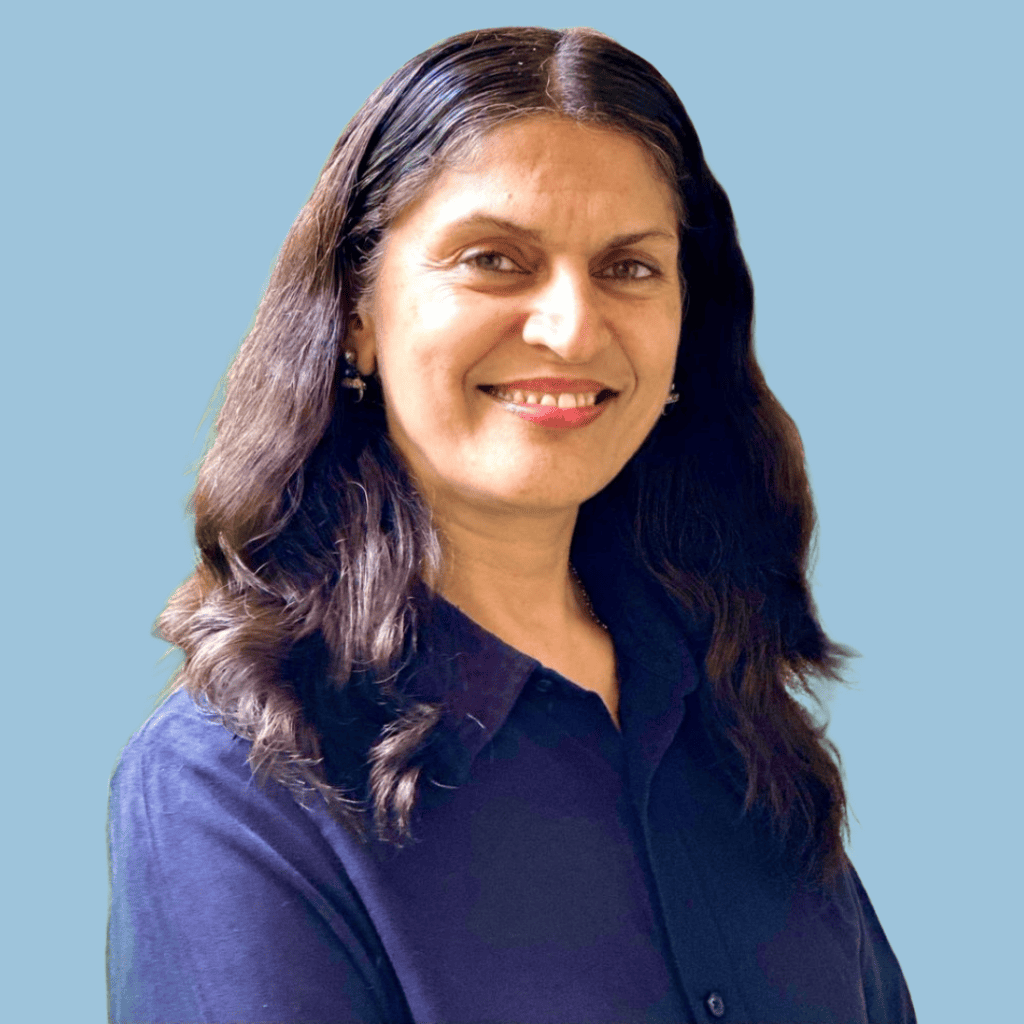
Ritu M. Uberoy
Ritu has over twenty-five years of experience in the software and information technology industry in the United States and in India. She established Saviance Technologies in India and has been involved in the delivery of several successful software projects and products to clients in various industry segments.
Ritu completed AI for Health Care: Concepts and Applications from the Harvard T.H. Chan School of Public Health and Applied Generative AI for Digital Transformation from MIT Professional Education. She has successfully taught Gen AI concepts in a classroom setting in Houston and in workshop settings to C-Suite leaders in Boston and Cleveland. She attended HIMSS in March 2024 at Orlando and the Imagination in Action AI Summit at MIT in April 2024. She is also responsible for the GenAI Center of Excellence at BigRio and DigiMTM Digital Maturity Model and Assessment at Damo.
Ritu earned her Bachelor’s degree in Computer Science from Delhi Institute of Technology (now NSIT) and a Master’s degree in Computer Science from Santa Clara University in California. She has participated in the Fellow’s program at The Wharton School, University of Pennsylvania.

